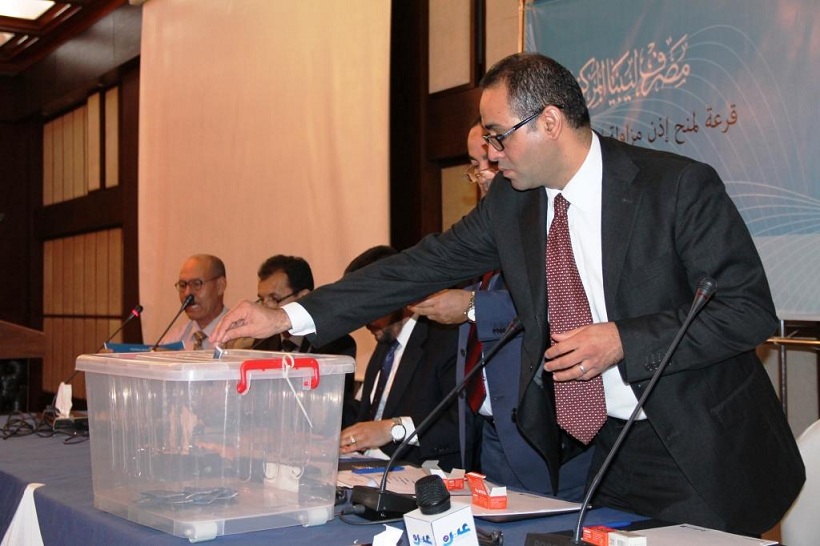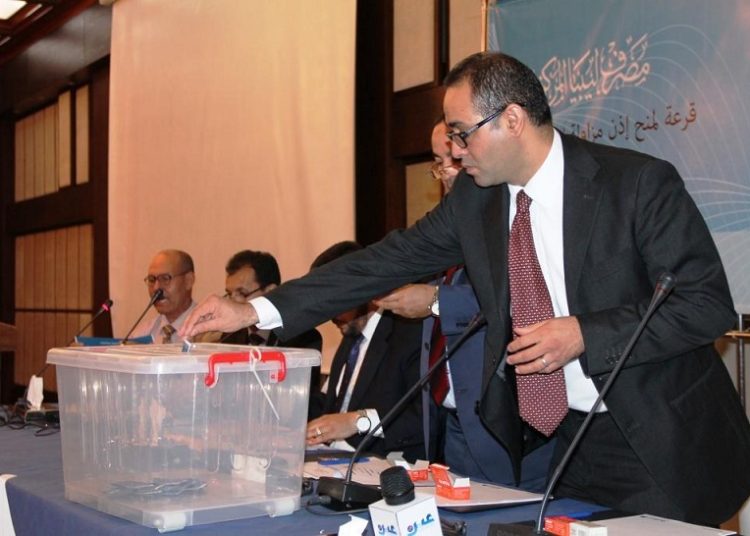
By Sami Zaptia.
Tripoli, 29 July 2013:
The Central Bank of Libya (CBL) issued the first licences for foreign exchange bureau last Sunday 21st July.
Foreign exchange had been the monopoly of banks during the Qaddafi era, and this would be the first time the CBL has licenced this activity to non-banking operators.
The demand for licences was so over-subscribed in areas like Tripoli and Benghazi that the CBL had to organise a public draw for the limited number of licences it was offering in 2013.
There were 480 applications all over Libya, and in Tripoli, for example, only 72 applicants were awarded licences out of the total of 195 that had applied.
Despite the existence of a monopoly on foreign exchange services by banks for decades, regulated by the state through the CBL, a huge alternate or black market in foreign exchange has been thriving for decades in Libya.
During the Qaddafi regime, the state controlled and manipulated the exchange rate of foreign currencies restricting its flow into the market and giving state owned enterprises and cronies of the regime a preferential exchange rate.
This preferential exchange rate created a huge corrupt black market whereby foreign currency, overwhelmingly US dollar, leaked into the open market.
It is worth noting that foreign currency exchange is still restricted by the CBL as proof of entry of goods into Libya is still required by banks. There is also a list of goods that is approved by the CBL for the official transfer of currency through local banks.
An account holder is not free to instruct their bank, for example, to transfer a large amount of currency of US$ 100,000 from their account without providing a pro forma invoice for goods. And after the arrival of these goods at the port, they would only be released by customs once a certificate was provided proving that the money had been transferred through a bank.
A large transfer of US$100,000 or above, without the intention to import goods into Libya, would normally be transacted through the vibrant, reliable and speedy black market.
It will be interesting to see if the CBL is planning to loosen its control on currency transfers or whether strict transfer limits will be enforced on the new foreign exchange bureau. [/restrict]









